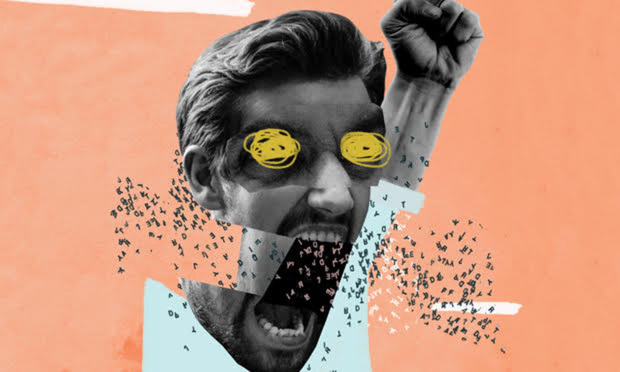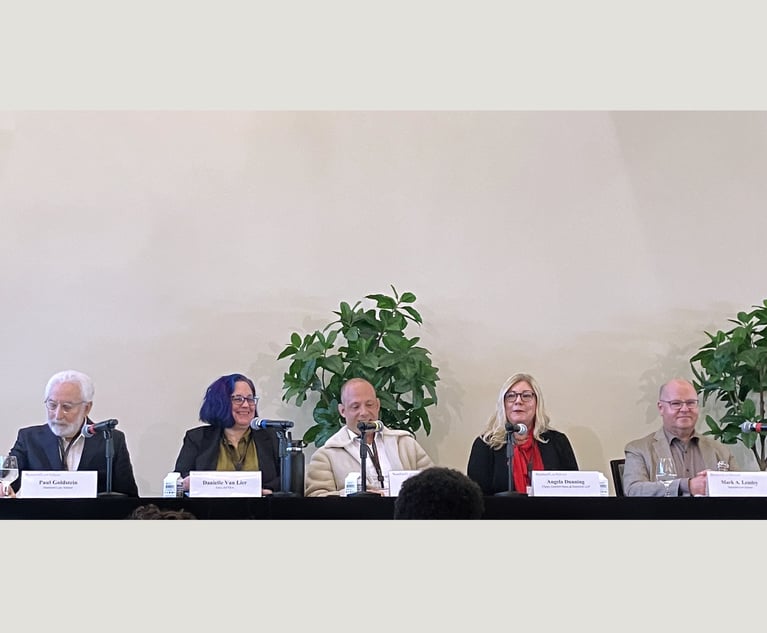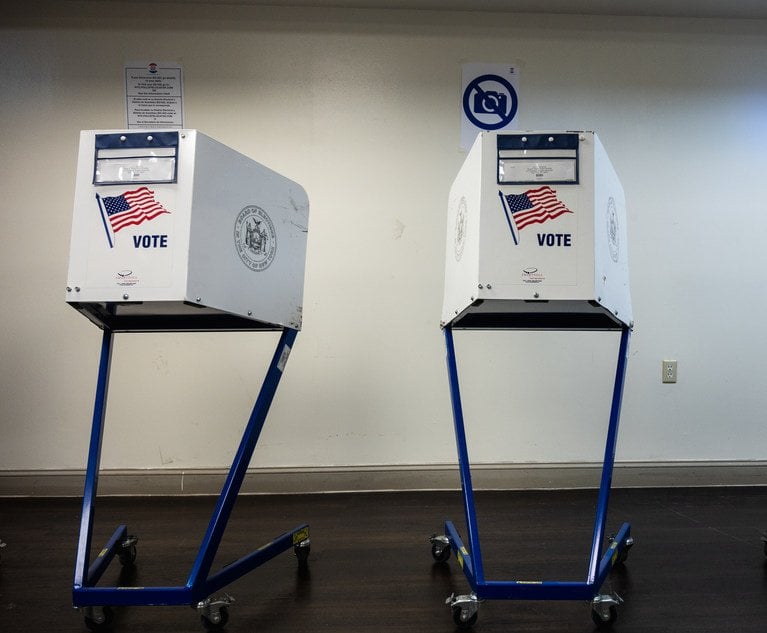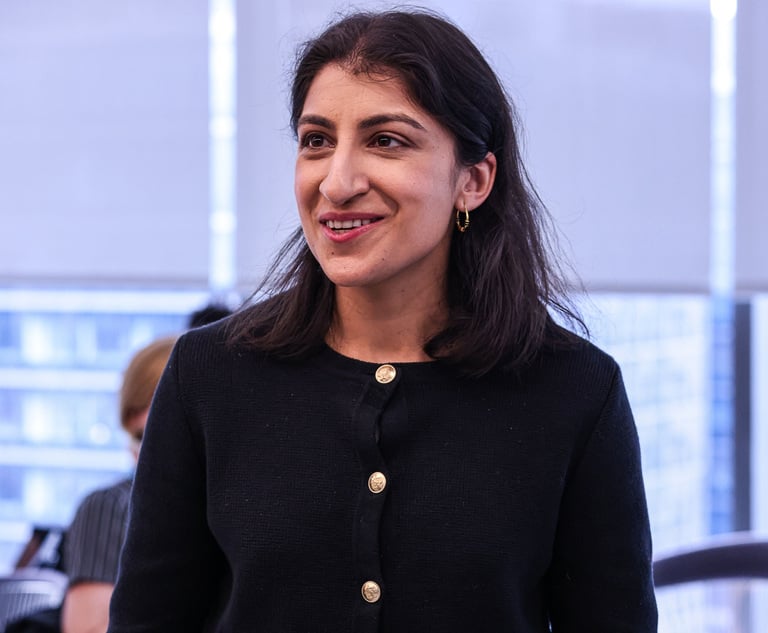Imagine, for a moment, what would happen if President Donald Trump or other like-minded public officials traded in their Twitter accounts for a new weapon in the ongoing war against the news media: suing journalists and news organizations for libel.
For decades, media lawyers and journalists had little reason to worry about such a scenario, thanks to the 1964 Supreme Court decision New York Times v. Sullivan. To foster “uninhibited, robust, and wide-open” debate, the court required that public officials filing libel lawsuits must prove that the defamatory statements at issue were made with “actual malice,” a standard that made it almost impossible for public figures to mount and win libel lawsuits.









